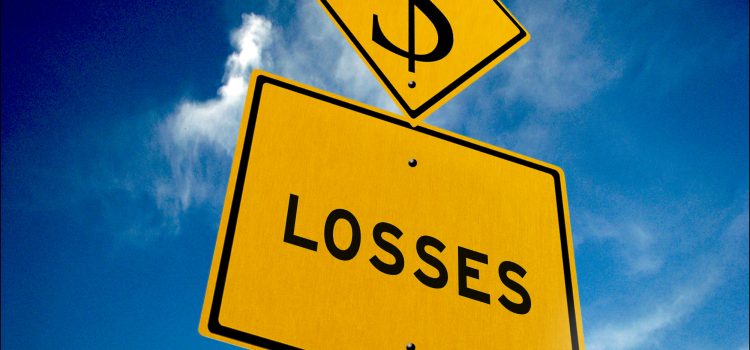

This article is an excerpt from the Shortform book guide to "The Art of Thinking Clearly" by Rolf Dobelli. Shortform has the world's best summaries and analyses of books you should be reading.
Like this article? Sign up for a free trial here .
What is loss aversion? Why does losing something have a stronger psychological impact compared to gaining something?
As the name suggests, loss aversion is the tendency to have a stronger aversion to losing something compared to gaining something. Loss aversion is an evolutionary trait passed on from early humanity when losing something—be it belongings, weapons, or food supply—was often fatal. Being cautious and avoiding loss kept early humans alive and able to procreate, meaning their cautious genes survived to the current day.
Keep reading to learn about the psychology of loss aversion.
Loss Aversion
Loss aversion is a fallacy in which people are affected far more strongly by loss than they are by gaining things. They consequently prioritize not losing things over gaining new things. Even when the things you lose and gain have the same value, you react to the loss twice as intensely as the gain.
(Shortform note: Some people think the more you have, the less this tendency affects you because the loss isn’t as important. This isn’t the case. Rich people are just as anxious over losing their wealth or belongings as poor people—maybe more so, as they have more to lose.)
According to psychology, loss aversion is an evolutionary trait passed down by ancient humans—being loss-averse helped early humans to stay alive so they could procreate and pass on their genes.
(Shortform note: Evolutionary instincts also determine which losses matter more to you. Losing something you physically had hurts more than losing something you had in a more abstract way. For example, losing $100 cash hurts more than losing $150 electronically, even though you lose more money electronically. Your brain sees the cash as more “real” and thus worse to lose because it hasn’t evolved to deal with abstract, non-tangible items.)
People can use loss aversion to their advantage by framing their pitches negatively rather than positively, Dobelli says. If an ad says “Act now or lose these savings forever!” it’s twice as effective as an ad that says, “Act now and get these savings!” (Shortform note: Negative pitches work by building anticipatory regret: They make you imagine a loss and the feeling of regret that comes with that loss. These imagined feelings are strong enough to trigger loss aversion. Anticipatory regret is more effective at boosting sales than excitement or curiosity, making it a valuable tool for marketers.)

———End of Preview———
Like what you just read? Read the rest of the world's best book summary and analysis of Rolf Dobelli's "The Art of Thinking Clearly" at Shortform .
Here's what you'll find in our full The Art of Thinking Clearly summary :
- A detailed look at the most common logical fallacies that inhibit decision-making
- How to recognize and overcome these fallacies to make better decisions
- Why you value things for arbitrary reasons






